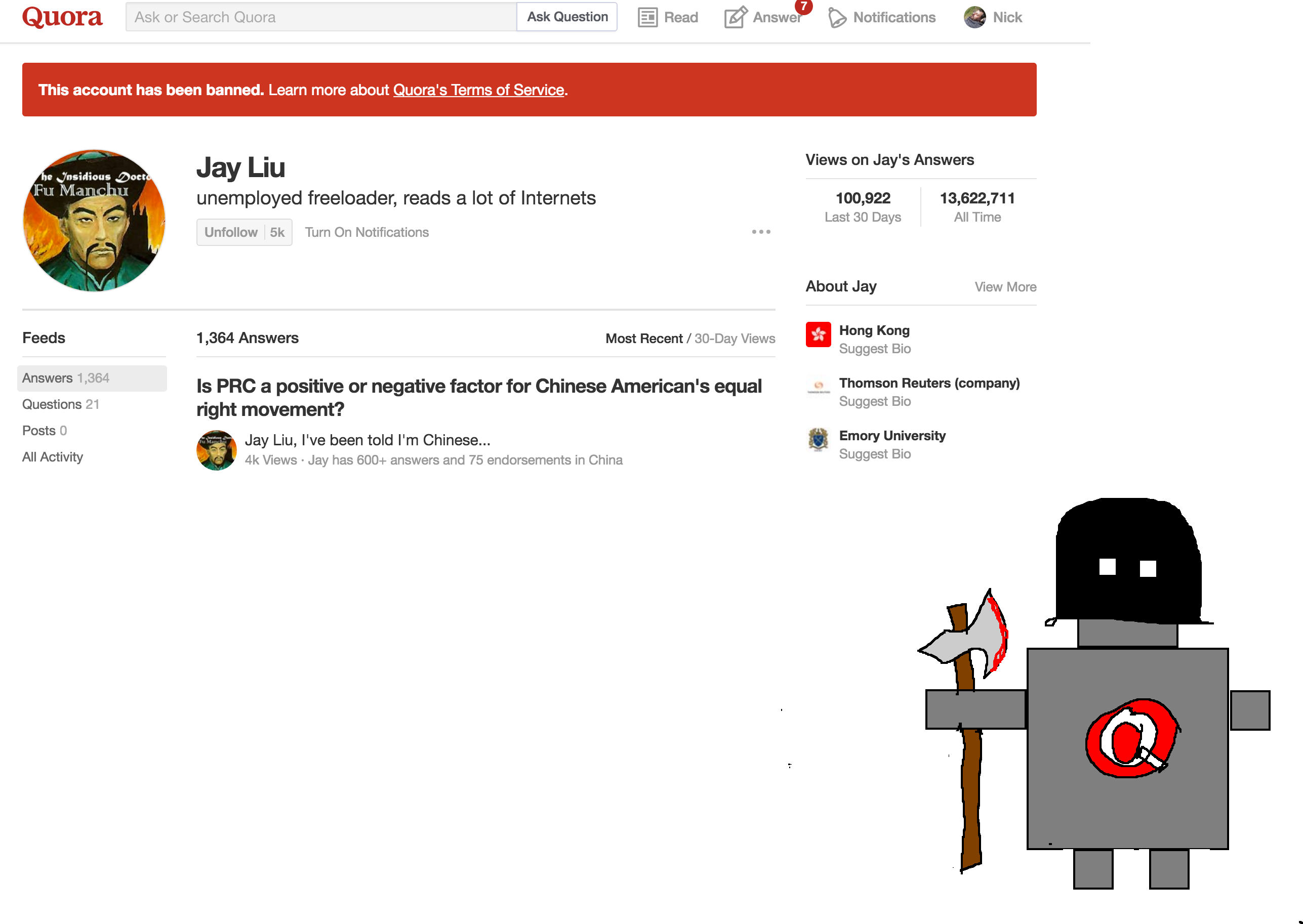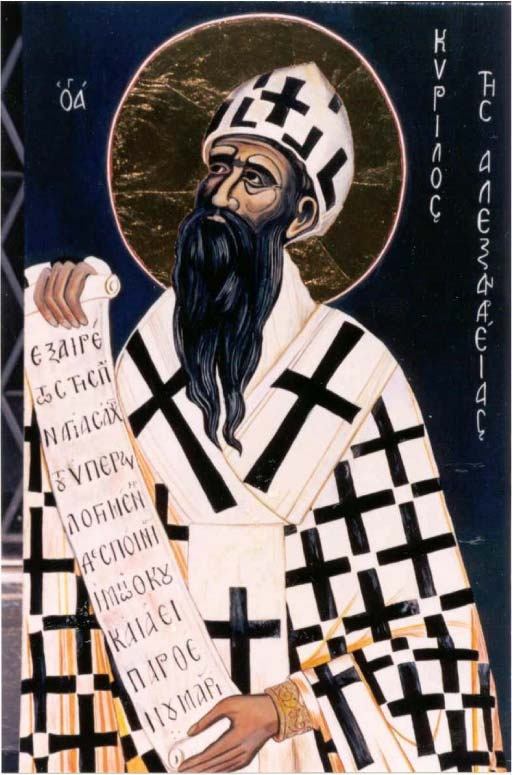I got a fifth of the way through the Temple on holiday (his complete works), before deciding that I needed to go back and get a listing of what the good stuff was.
A couple of the short poems I read were good. Not transcendentally good, but good enough that I looked forward to finding even better ones.
But most of the longer poems were dreadful. Sermonising in rhyme that did not have any real fervour to it. And I’ve come to accept that the rhyme glory/story is his equivalent to McGonagall’s signature without delay/without dismay.
Yes, I went there. And McGonagall at least is inadvertently funny. Although the intro said that on occasion so is Herbert.
Like I said. I believe there is brilliance there; and I saw some flashes of it in the first fifth of the Temple. (I don’t think any of his most famous pieces are in that first fifth.) But I will need to come back to it with a cicerone.

